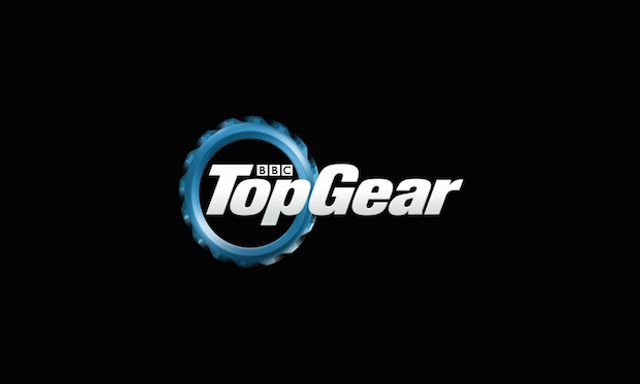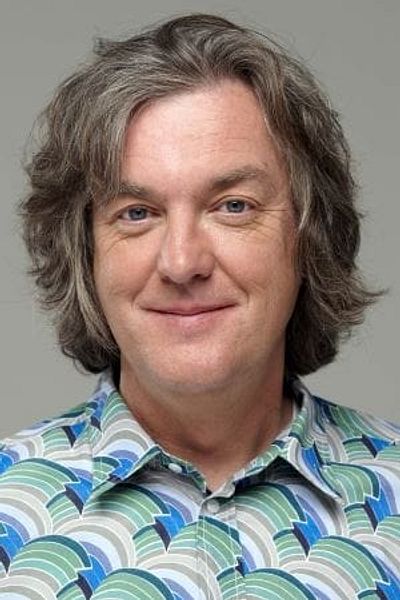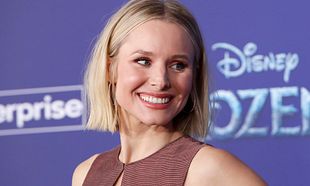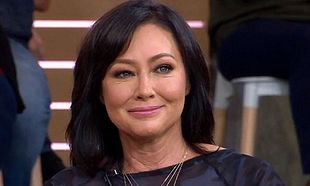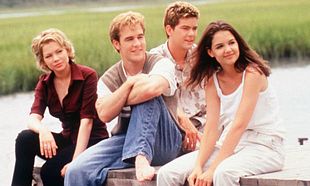For the BBC, Top Gear is the jewel in the crown.
It's worth a huge amount to the British broadcaster, both in actual financial terms and prestige. Under the stewardship of Jeremy Clarkson, Richard Hammond and James May, the motoring magazine show went from something of a mid-table show to a behemoth that rivalled the likes of Graham Norton and US chatshows like Jimmy Fallon and Conan O'Brien.
The anarchic mix of high-octane stunts, ridiculous budgets and Clarkson's ability to offend almost every demographic and remain in a job was just one of many reasons as to why the show proved so popular with audiences. However, Clarkson's alleged fracas with an Irish producer pretty much pushed BBC to the brink and forced him out. Richard Hammond and James May had no choice but to follow suit. After all, the show was nothing without the trio.
So it went that BBC tried to crowbar Chris Evans into the show and poured Matt LeBlanc, Eddie Jordan and a few others unrecognisable names into the mixture and hoped for a decent replacement.
Well, it didn't work. The ratings slump was widely reported and Top Gear's audience share went into free-fall.
Evans is gone and Matt LeBlanc has been left holding the bag, for better or worse. Meanwhile, Amazon Video are readying their assault on Top Gear's status with The Grand Tour with a similar premise and with Andy Wilman, Top Gear's former producer, in tow. While it remains to be seen how the Grand Tour will work, one thing is for certain - Top Gear is finished.
There are few presenters working in the current BBC structure who could shepherd a show like Top Gear. For one, it's a boring show. It's a show about cars that nobody - other than Arab princes and bond villains - would be able to drive. That kind of escapist / aspirational television went out in the '90s.
No, what made Top Gear so inviting was watching it and waiting to see who Clarkson & Co. pissed off next. Bringing celebrities into the mixture was just icing on the cake. The producers and the presenters all knew what they were doing and it's clear to anyone with a bit of common sense and savvy that Clarkson, for all his bravura, didn't really believe in the crap he said.
In fact, he did it to get a rise out of people.
An entire episode of Top Gear set in Mexico was spent insulting Mexicans and referring to Mexican food as refried sick. It got so bad, in fact, that the Mexican ambassador to the United Kingdom had to issue a public condemnation of the show. Not only that, the episode was edited for US broadcasts. Another episode saw Clarkson use a racial pejorative against an Asian person. There's literally an entire Wikipedia article dedicated to Top Gear's cultural mockery.
That, when you boil it right down, is what made Top Gear so popular - shock factor. A group of middle-aged men telling increasingly racist jokes. Audiences, for better or worse, loved to see it. So why bother continuing that? Why try to replicate it?
Evans, LeBlanc and Co. couldn't do it and why should they? It's a pretty terrible way to get a laugh and build an audience, but that's how Top Gear did it. Yet, audiences castigated Evans for not conforming to what came before. Well, that and the fact that he was a pretty annoying as a host. LeBlanc, of course, couldn't host a show to save his life. Eddie Jordan, meanwhile, was a Formula One owner and only took up broadcasting when his team ran out of money. Not one of the cast of characters was really suitable for the role.
The only likely candidate would have been, believe it or not, Steve Coogan. However, Coogan summed up Top Gear in a piece in 2011 and, in a way, provided the best reason to cancel Top Gear once and for all.
"If I say anything remotely racist or sexist as Alan Partridge, for example, the joke is abundantly clear. We are laughing at a lack of judgment and ignorance. With Top Gear it is three rich, middle-aged men laughing at poor Mexicans. Brave, groundbreaking stuff, eh?"
